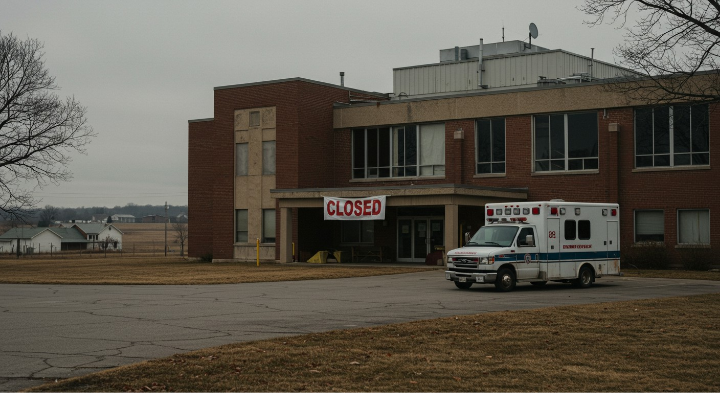IV Spas: The Danger of Unregulated Hydration
- Oct 7
- 2 min read

The intravenous (IV) hydration spa industry is booming, potentially generating hundreds of millions of dollars annually by marketing saline drips, often mixed with vitamins, electrolytes, or drugs, as cures for colds, hangovers, and other conditions. Yet, despite safety concerns flagged by the Food and Drug Administration (FDA), this industry operates with virtually no federal or state-level regulation or oversight, according to a mixed-methods analysis of the industry published today in JAMA Internal Medicine.
The practice, which involves inserting a needle into a vein, largely evades federal regulation under section 503A of the Food, Drug, and Cosmetic Act, which consigns most oversight to the states. The wellness industry, combined with med spas offering IV vitamin drips, has ballooned into a $15 billion market in recent years.
The study analyzed state laws and policies for all 50 states and the District of Columbia (DC) and found that, as of June 2024, no jurisdiction had enacted specific legislation to regulate IV hydration spas. Only four states—Alabama, North Carolina, South Carolina, and Vermont—had issued policies or statements addressing all four critical oversight aspects: provider credentials, governance, dispensing practices, and compounding practices.
Spas commonly offer infusions combined with magnesium (used for muscle recovery, 57.3% of clinics), glutathione (used for immune support, 53.7%), and nicotinamide adenine dinucleotide (used to boost energy levels, 51%). Pharmaceuticals such as ondansetron (anti-nausea medicine, 26.3%) and ketorolac (pain-reliever, 25.5%) were also administered with hydration therapy.
Dr. Peter G. Lurie, president of the Center for Science in the Public Interest and co-author of the study, stated that there is "little evidence of health benefit" and an "unnecessary risk" due to the lack of regulation. The potential for injury is real, as products or equipment could be contaminated, or a provider might not have appropriate training to give an IV safely. The FDA issued a warning in 2021 following a report of septic shock after a patient received IV hydration at a clinic.
One phase of the study used "secret shoppers" to telephone 85 facilities.
Quick Recommendations: Seventy-five facilities (86.2%) suggested specific therapies to combat the headache and cold symptoms volunteered by the shoppers, with 33 spas (38.4%) claiming the therapy would help with the described symptoms.
Medical Consultation: Only 24 facilities (27.6%) explained that a prior consultation with a medical professional was required before therapy provision.
Risk Disclosure: Less than one in four spas (24.4%) disclosed potential risks of IV hydration, such as bruising, bleeding, or infection.
Furthermore, the researchers found that of 255 clinic websites examined, all made at least some health-related claim, but only two offered tangible references to support these claims.
Experts worry that, besides the risks to the consumer, IV hydration spas might be diverting valuable IV fluids needed in hospitals.
Texas is the only state that has advanced with a law (HB 3749, effective September 1) requiring that elective IV therapy only be administered by physicians, physician assistants, advanced practice registered nurses, or registered nurses, a measure adopted after the death of a woman in the state.










Comments